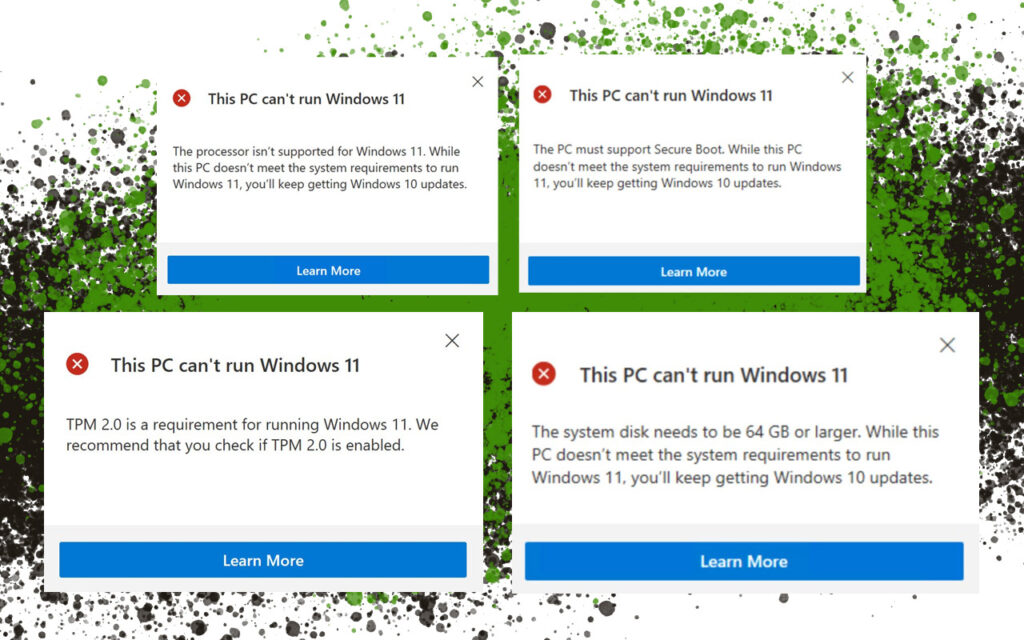PC health checks are given updates this week shortly after complaints by Windows 11 seekers at Wealing Week. This is the week where Windows 11 was first revealed, PC Health Check was a very popular download of Microsoft. Microsoft provides PC health checks as a simple means to check many things, including the requirements for increasing the future of PCs to Windows 11.
Before the PC health checks are updated today, users have the potential to see messages that are relatively unclear with “this PC cannot run Windows 11”. All warnings will add after this “While this PC does not meet the system requirements to run Windows 11, you will continue to get Windows 10 update.” This application links users to the Windows 11 requirements page online, but it is necessary that the user conducts its own research since then.
The new version of PC health checks makes the whole process instantly be followed up. If the user checks their PC for compatibility with a potential increase in Windows 11 and their PC does not meet the requirements, a slightly more detailed explanation of the reason why it does not meet the requirements displayed.
Microsoft Director of Security OS David Weston revealed updates this afternoon with several examples of results that users might see when checking their PCs for Windows compatibility 11. A user can see the message “PC must support the safe boot” or “processor is not supported for Windows 11″ or ” The system disk must be 64 GB or bigger. “
The most likely candidate for the message “Can’t run Windows 11” is “TPM 2.0 is the requirement to run Windows 11.” Even the most powerful and connected PC is not compatible with Windows 11 if they don’t have TPM 2.0. The trusted platform module overview page in Microsoft shows more about what TPM does and which machines work with the technology.
You might also want to peek why TPM 2.0 cannot be negotiated for Windows 11. Microsoft does not roam this one.
Various kinds of PC makers have released a PC in recent years with support for TPM 2.0. Dell, HP, Lenovo, Panasonic, Acer, Asus, and Microsoft themselves have made TPM 2.0 capable devices. If you have bought a PC in the past half a decade, you might have a PC capable of using TPM 2.0, or already has TPM 2.0 turned on by default – provided you have the latest firmware update for your machine.

